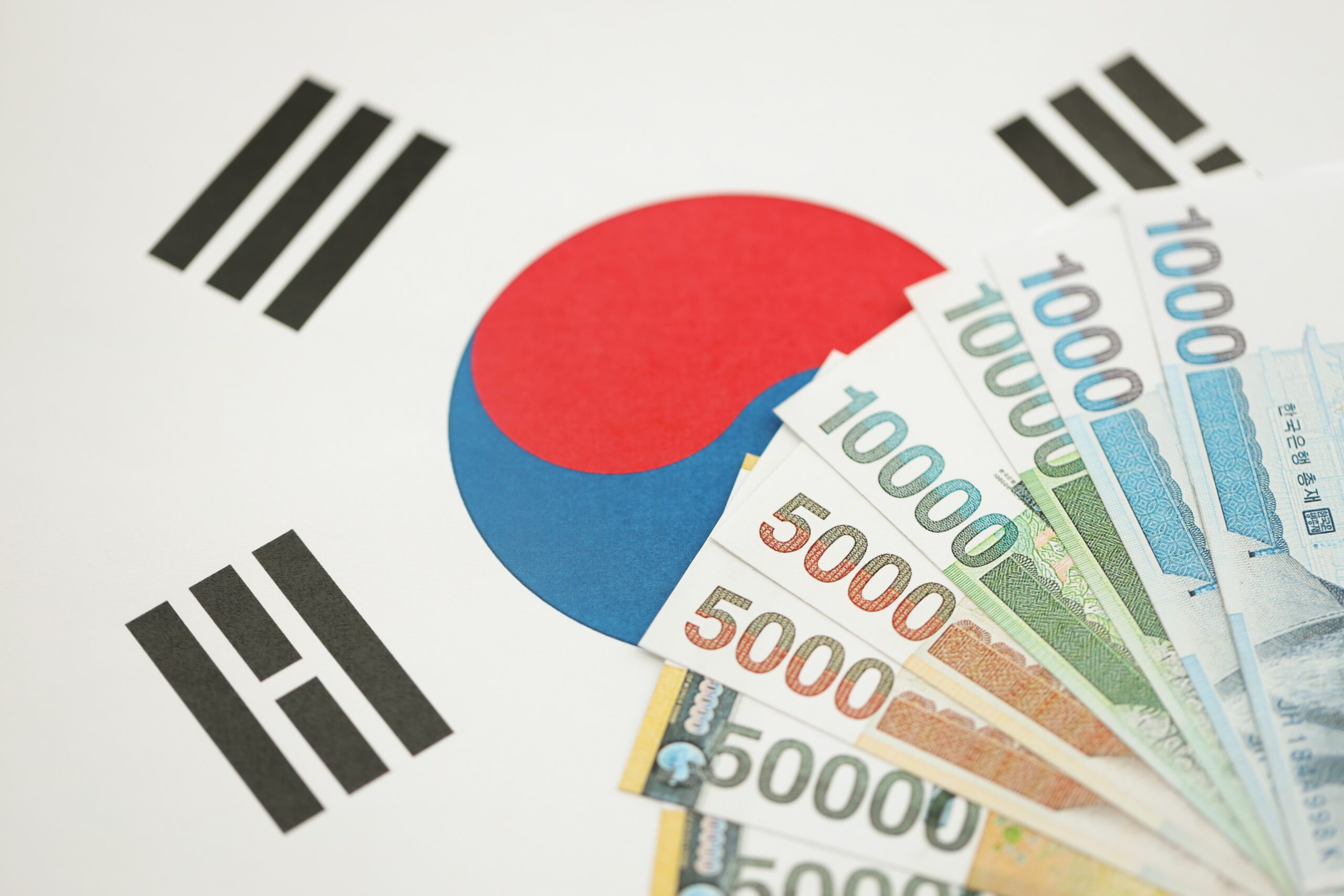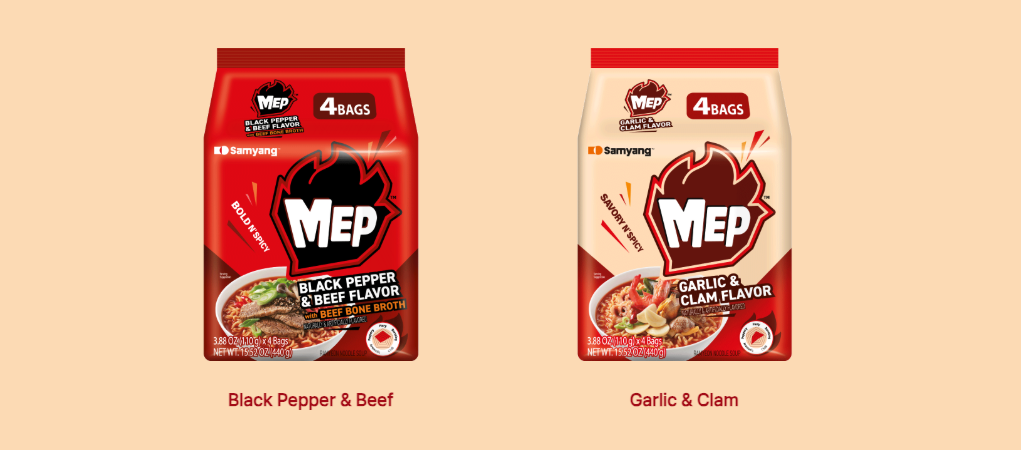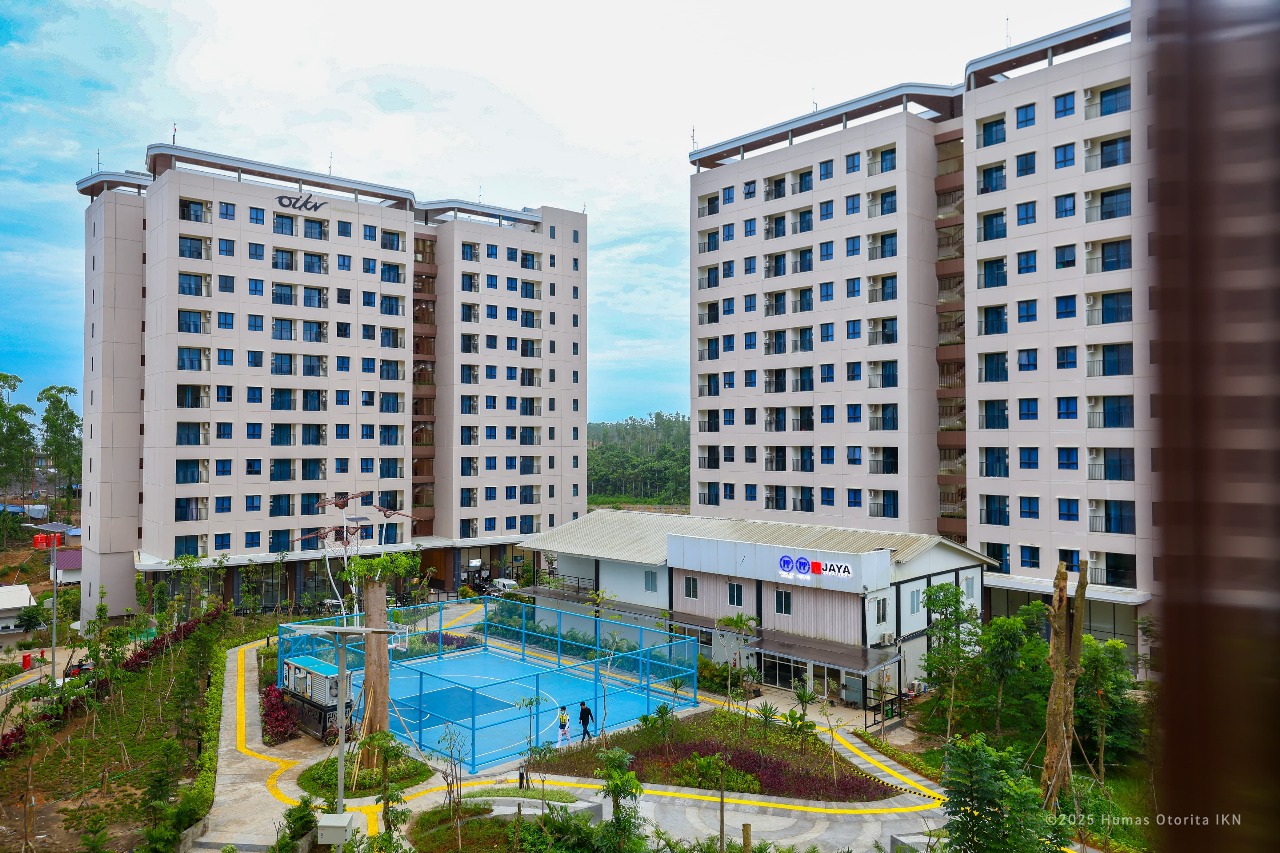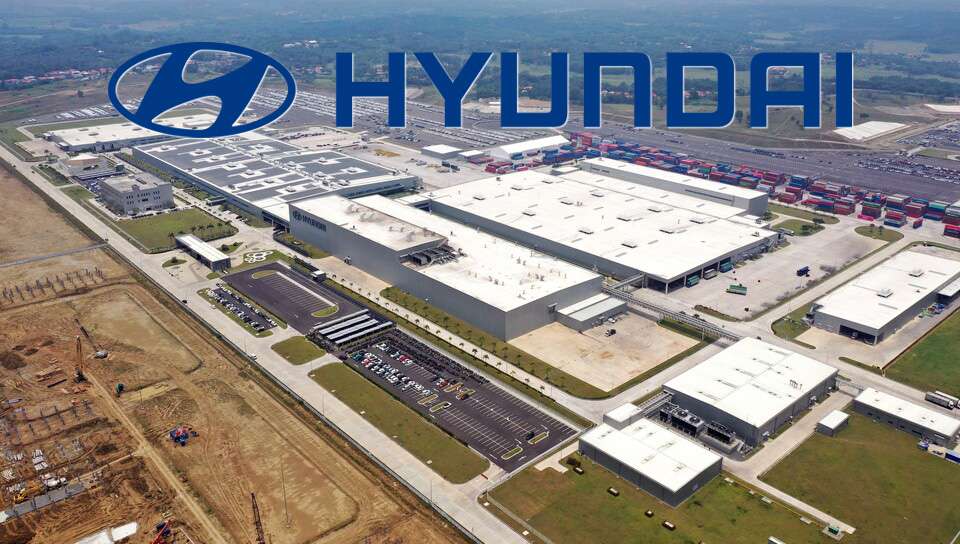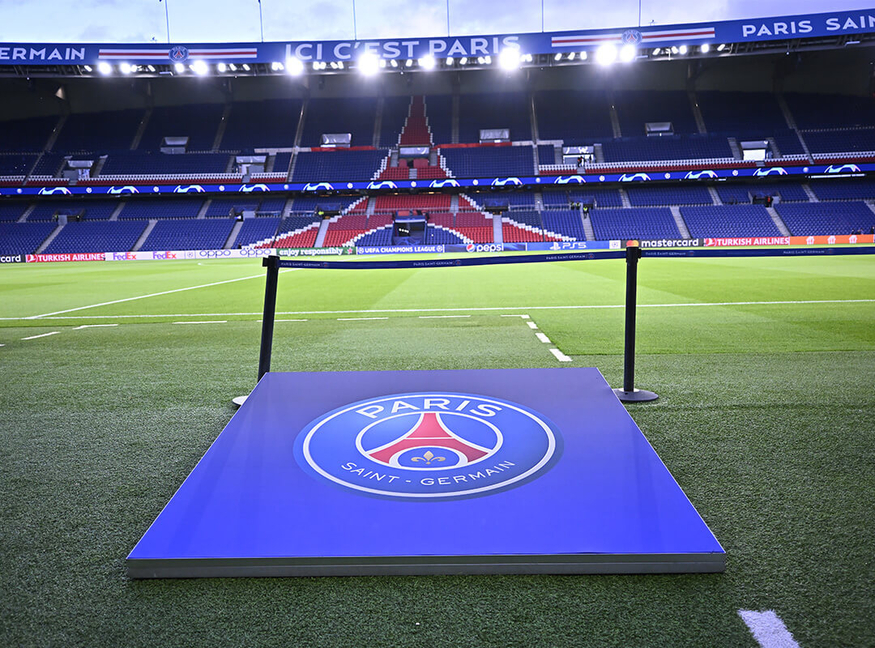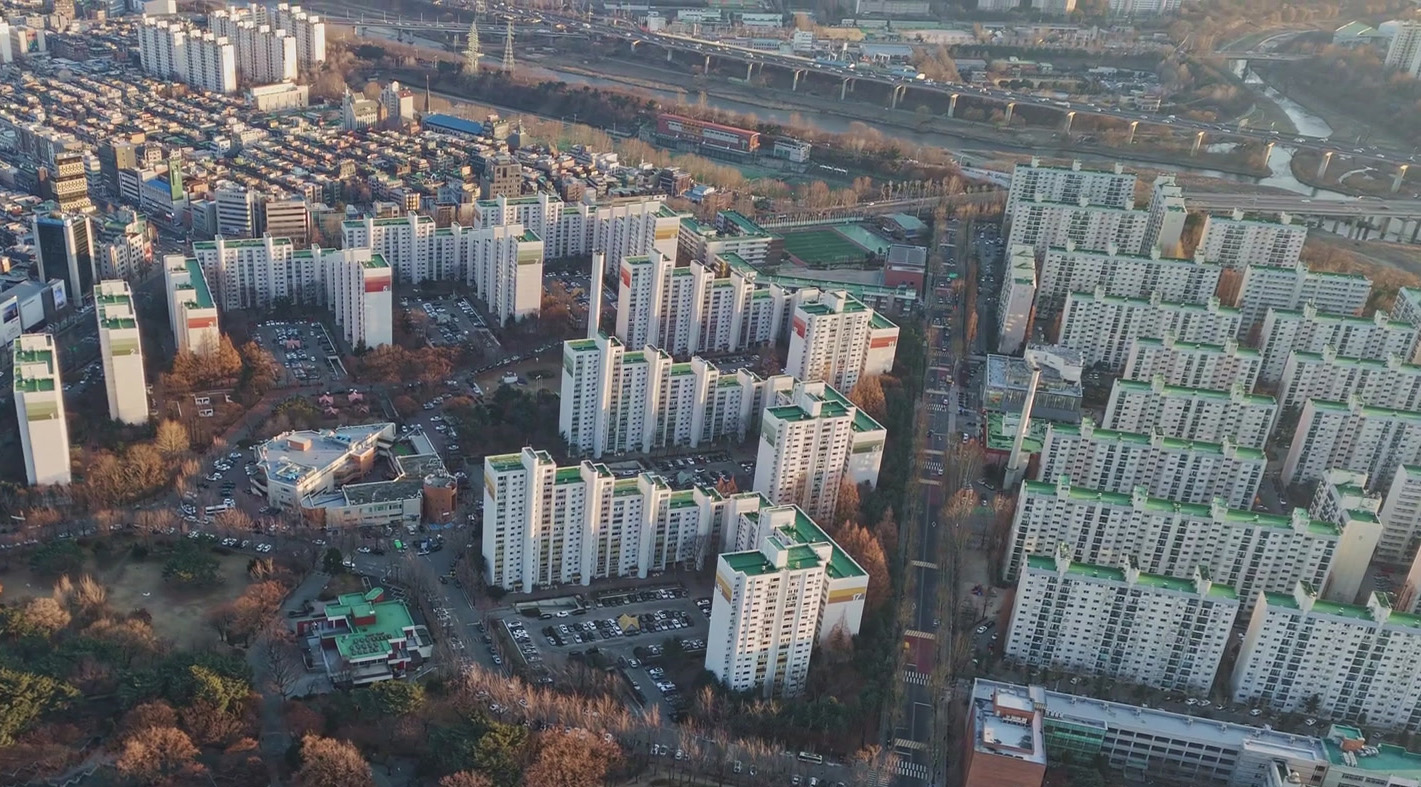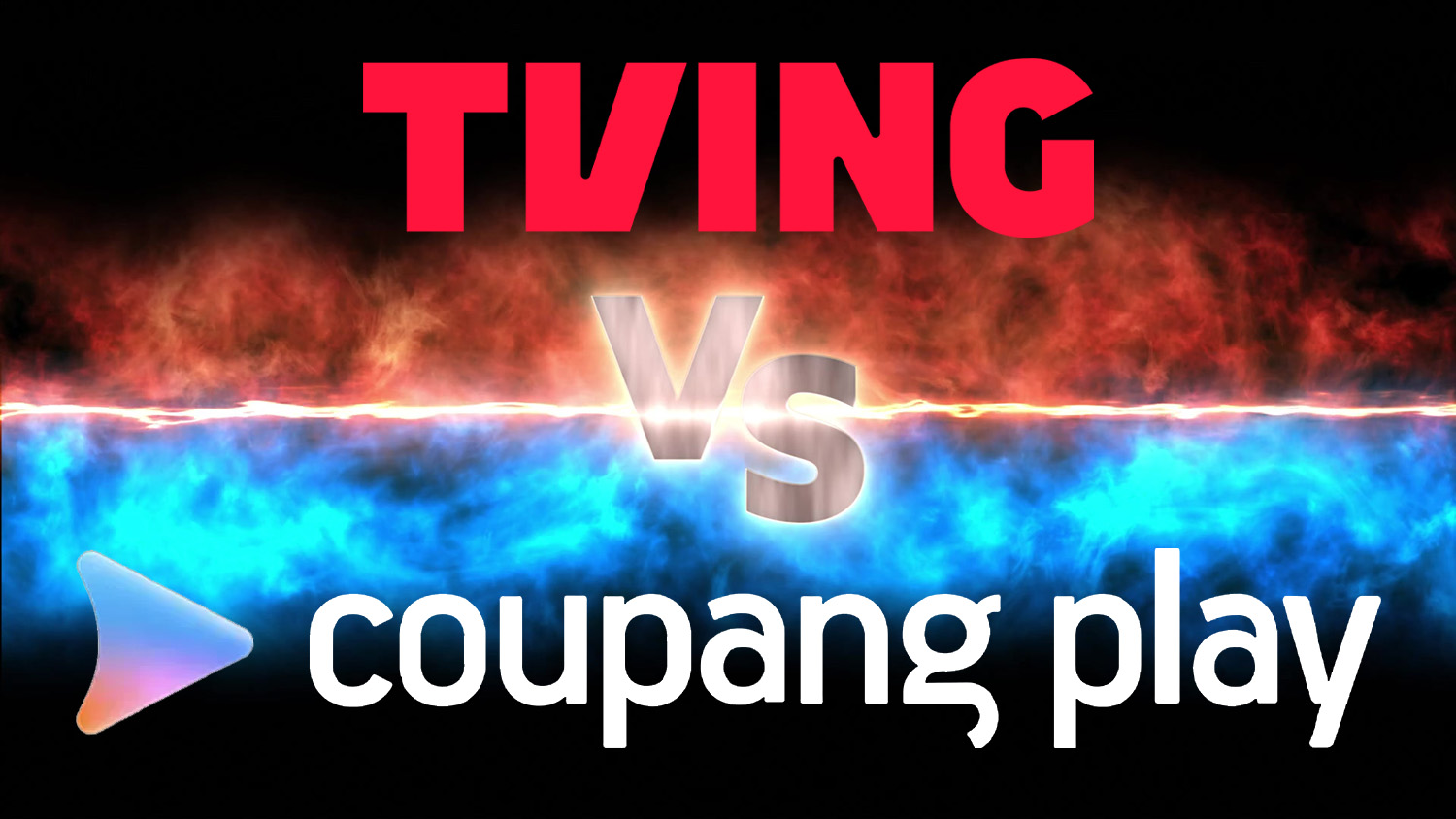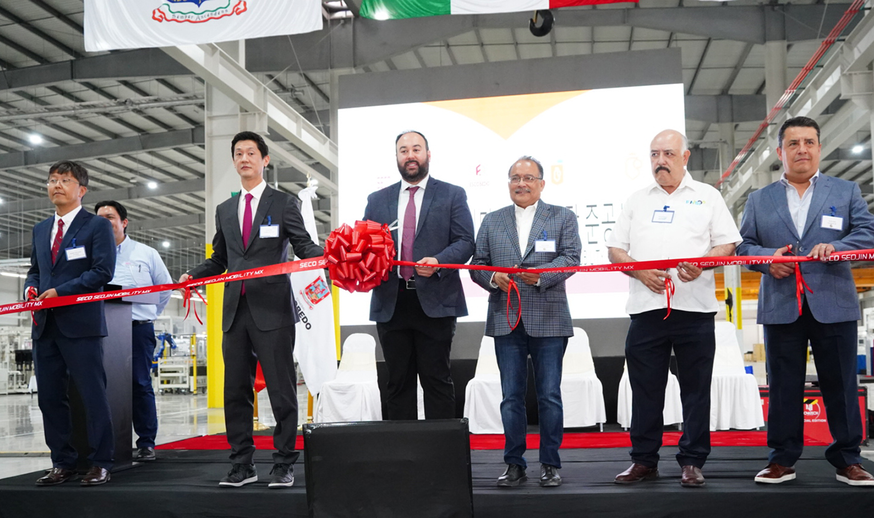
Google is set to introduce a lower-cost YouTube Premium plan in South Korea that excludes access to YouTube Music, following the acceptance of the company’s voluntary corrective proposal by South Korea’s Fair Trade Commission (KFTC).
On May 22, the KFTC announced it would initiate a consent decree process in response to allegations that Google violated the country’s fair trade laws. The commission cited public interest and proportionality of penalties as key reasons for accepting the company’s self-remedy proposal.
As part of the agreement, Google will launch a standalone video-only subscription service in South Korea, modeled after “YouTube Premium Lite” plans currently available in nine other countries, including Germany, Mexico, and the United Kingdom. The Lite plan removes ads from YouTube videos but does not include YouTube Music.
In global markets, the Lite plan is typically priced around $7 per month—substantially cheaper than the full YouTube Premium subscription, which costs approximately $10 in South Korea.
Google will also establish a KRW 30 billion (approximately $21.76 million) co-prosperity fund to support South Korea’s music industry. This fund is considered equivalent in value to a regulatory fine and ranks as the third-largest of its kind under the KFTC’s consent decree framework—following Apple and Naver, which each contributed about $72.54 million.
The KFTC noted that voluntary resolutions can offer faster and more effective remedies than formal sanctions, especially in digital markets where large-scale consumer impact is involved. With YouTube’s significant market presence in South Korea, the agency emphasized the potential for immediate consumer benefits.
Some observers have speculated that the KFTC’s swift action may have been influenced by concerns over trade friction with the United States, as the U.S. government has previously voiced unease over South Korea’s increasing regulation of global tech platforms. However, Kim Moon-sik, Director General of Market Surveillance at the KFTC, rejected this view, stating, “This case is unrelated to any trade disputes.”
The KFTC plans to finalize a preliminary consent decree within the next month and will gather feedback from relevant stakeholders before submitting the final version for full commission approval within three months.



